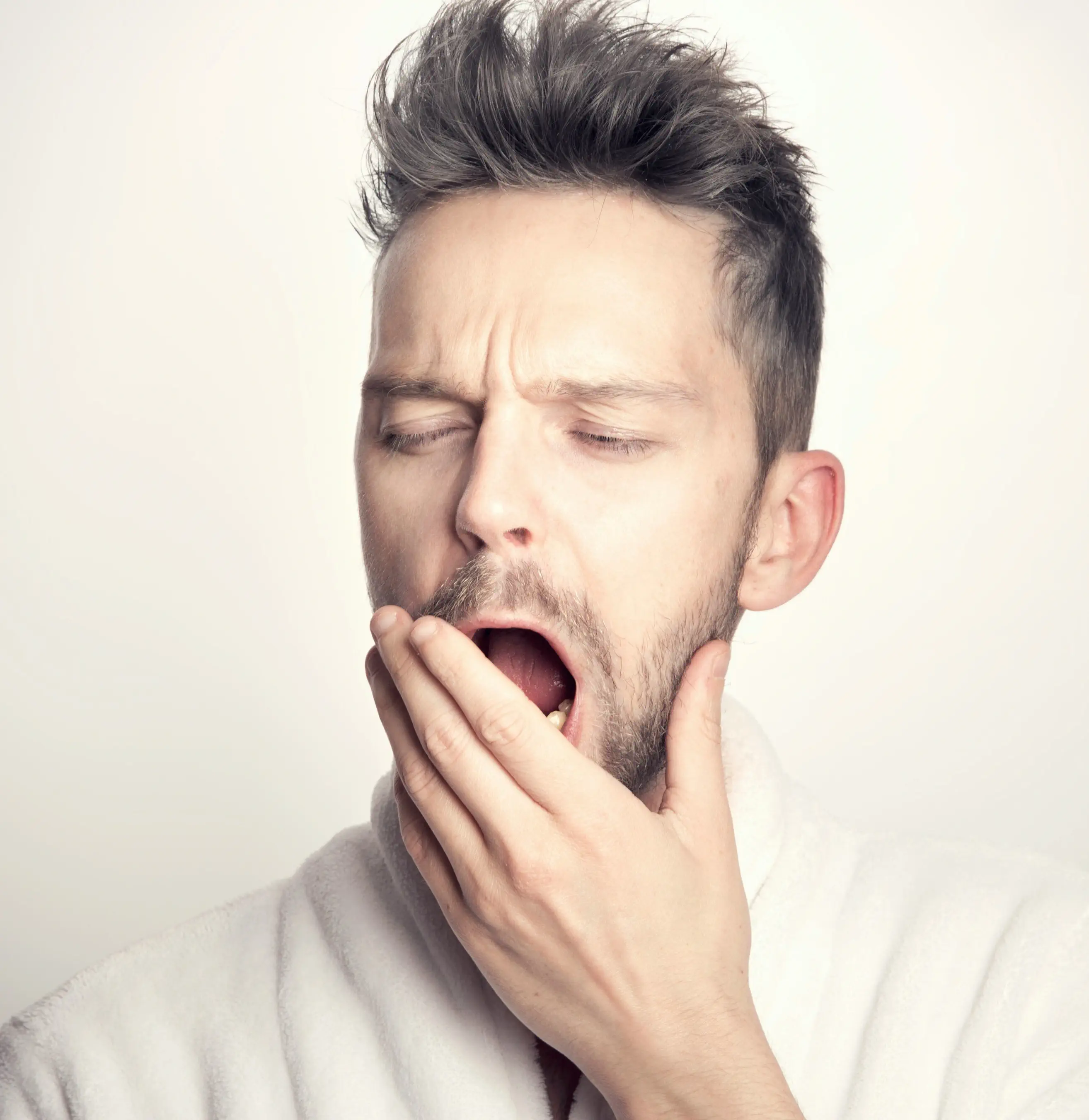Treating Insomnia with Acupuncture
Sleep Disorders and Their Impact on Health
Sleep disorders affect many people, with insomnia being one of the biggest complaints. Quality sleep is essential for physical recovery, cognitive function, emotional regulation, and immune system maintenance. When sleep patterns become disrupted, the consequences often extend beyond nighttime discomfort.
Common sleep-related conditions include:
- Acute and chronic insomnia
- Sleep onset difficulties (initial insomnia)
- Sleep maintenance problems (middle insomnia)
- Early morning awakening (terminal insomnia)
- Restless leg syndrome affecting sleep
- Sleep anxiety and racing thoughts
Sleep disruption creates a cascade of physiological imbalances that affect hormone production, neurotransmitter function and cellular repair processes. Without adequate restorative sleep, individuals experience decreased immunity, impaired cognitive performance, mood instability and increased risk of chronic health conditions.
How Acupuncture Helps Regulate Sleep Architecture
Research demonstrates that acupuncture influences sleep through multiple neurobiological pathways, addressing both the symptoms and underlying causes of sleep dysfunction. The therapy works by modulating neurotransmitter systems, regulating circadian rhythms and activating the body's natural relaxation mechanisms.
Key mechanisms through which acupuncture improves sleep quality include:
- Enhancement of melatonin production and circadian rhythm regulation
- Modulation of gamma-aminobutyric acid (GABA) neurotransmitter activity
- Reduction of stress hormones including cortisol and adrenaline
- Activation of parasympathetic nervous system dominance
- Improvement of slow-wave sleep and REM sleep phases
- Regulation of body temperature fluctuations that affect sleep cycles
| Sleep Disruption Pattern | Acupuncture's Corrective Mechanisms |
|---|---|
| Difficulty Falling Asleep | Increases GABA activity, reduces sympathetic nervous system arousal, promotes mental calm |
| Frequent Night Wakings | Stabilizes sleep architecture, reduces inflammatory markers, balances neurotransmitter cycles |
| Early Morning Awakening | Regulates cortisol rhythm, extends deep sleep phases, normalizes melatonin patterns |
| Non-Restorative Sleep | Enhances slow-wave sleep duration, improves sleep efficiency, optimizes recovery processes |
| Racing Thoughts at Bedtime | Calms mind-body activation, reduces anxiety-related brain activity, promotes cognitive quiet |
| Physical Restlessness | Relaxes muscle tension, reduces nervous system hypervigilance, improves circulation |
Make an appointment today and start your journey to lasting relief.
Book AppointmentSleep Conditions Responsive to Acupuncture
Clinical evidence supports acupuncture's effectiveness for various sleep disorders, with treatment protocols tailored to specific sleep disruption patterns:
- Chronic Insomnia: Acupuncture addresses the hyperarousal state characteristic of chronic insomnia by rebalancing the autonomic nervous system and restoring natural sleep-wake cycles. Clinical studies show 60-85% of chronic insomnia patients experience significant improvement in sleep onset time, duration and quality after 6-8 weeks of treatment.
- Stress-Related Sleep Disruption: When anxiety, work stress or life transitions interfere with sleep, acupuncture helps by reducing cortisol levels and activating relaxation pathways. Patients typically report improved sleep within 2-4 treatment sessions, with sustained improvement developing over 4-6 weeks.
- Hormonal Sleep Disturbances: Sleep disruption during menopause, perimenopause or related to hormonal fluctuations responds well to acupuncture's hormone-regulating effects. Treatment addresses both the underlying hormonal imbalance and its impact on sleep architecture.
- Age-related Sleep Changes: Older adults experiencing decreased sleep efficiency, frequent awakening or earlier bedtimes often benefit from acupuncture's ability to improve deep sleep phases and extend total sleep time. Research indicates 45-65% improvement in sleep quality measures among elderly patients.
- Medication-Induced Sleep Issues: For individuals whose sleep has been disrupted by medications or who wish to reduce sleep medication dependence, acupuncture provides a natural alternative that can be safely integrated with existing treatments under medical supervision.
Evidence-Based Treatment Protocols
Effective insomnia treatment with acupuncture follows structured protocols that address individual sleep patterns while promoting overall nervous system balance.
Comprehensive Sleep Assessment Initial evaluation includes detailed analysis of sleep history, bedtime routines, environmental factors and underlying conditions that may contribute to sleep disruption. This assessment identifies specific patterns that guide point selection and treatment frequency.
Individualized Point Selection Acupuncture points for sleep disorders are selected based on the specific type of insomnia and contributing factors. Common point categories include those that calm the mind, regulate circulation, balance hormones and promote nervous system relaxation.
Treatment Experience During the treatment sessions, patients rest in a dimmed, quiet environment while fine needles are placed at selected points. Many individuals experience a profound relaxation response during treatment—often describing it as the most relaxed they've felt in months. This therapeutic relaxation itself helps retrain the nervous system toward better sleep patterns.
The needle placement typically produces minimal discomfort, followed by sensations of warmth, heaviness or gentle tingling that indicate the activation of relaxation pathways. Some patients report feeling drowsy during or immediately after treatment—a positive sign that sleep mechanisms are being activated.
Treatment Frequency and Duration Insomnia treatment typically follows a structured approach:
- The initial phase follows a plan of 1-2 treatments per week for 2-3 weeks to establish pattern change
- The consolidation phase consists of weekly treatments for 4-6 weeks to reinforce improvements
- The maintenance phase continues bi-weekly or monthly sessions to sustain sleep quality
Most patients notice initial improvements in sleep onset or quality within the first weeks of treatment. Significant, sustained improvements typically develop over 4-8 weeks, with many patients achieving their sleep goals within 2-3 months of consistent treatment.
Lifestyle integration Acupuncture treatments are most effective when sleep hygiene, optimising the bedroom environment, establishing a regular sleep rhythm and behavioural patterns that interfere with natural sleep are also taken into account.
For individuals looking for a natural, evidence-based approach to resolving sleep difficulties, acupuncture offers a proven therapeutic option that addresses both the symptoms of insomnia and the underlying imbalances that perpetuate sleep disruption.
Other Ailments Treatable with Acupuncture:



